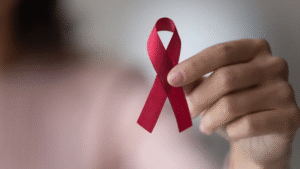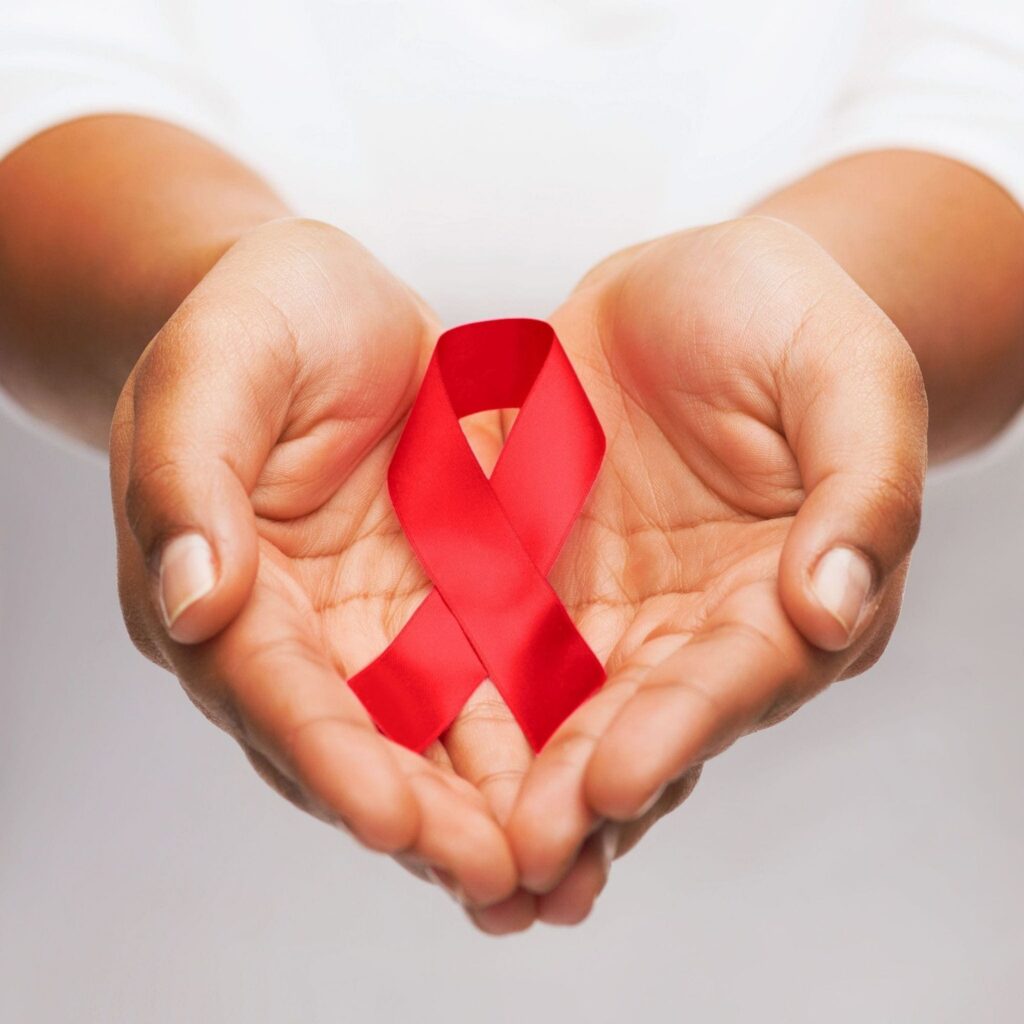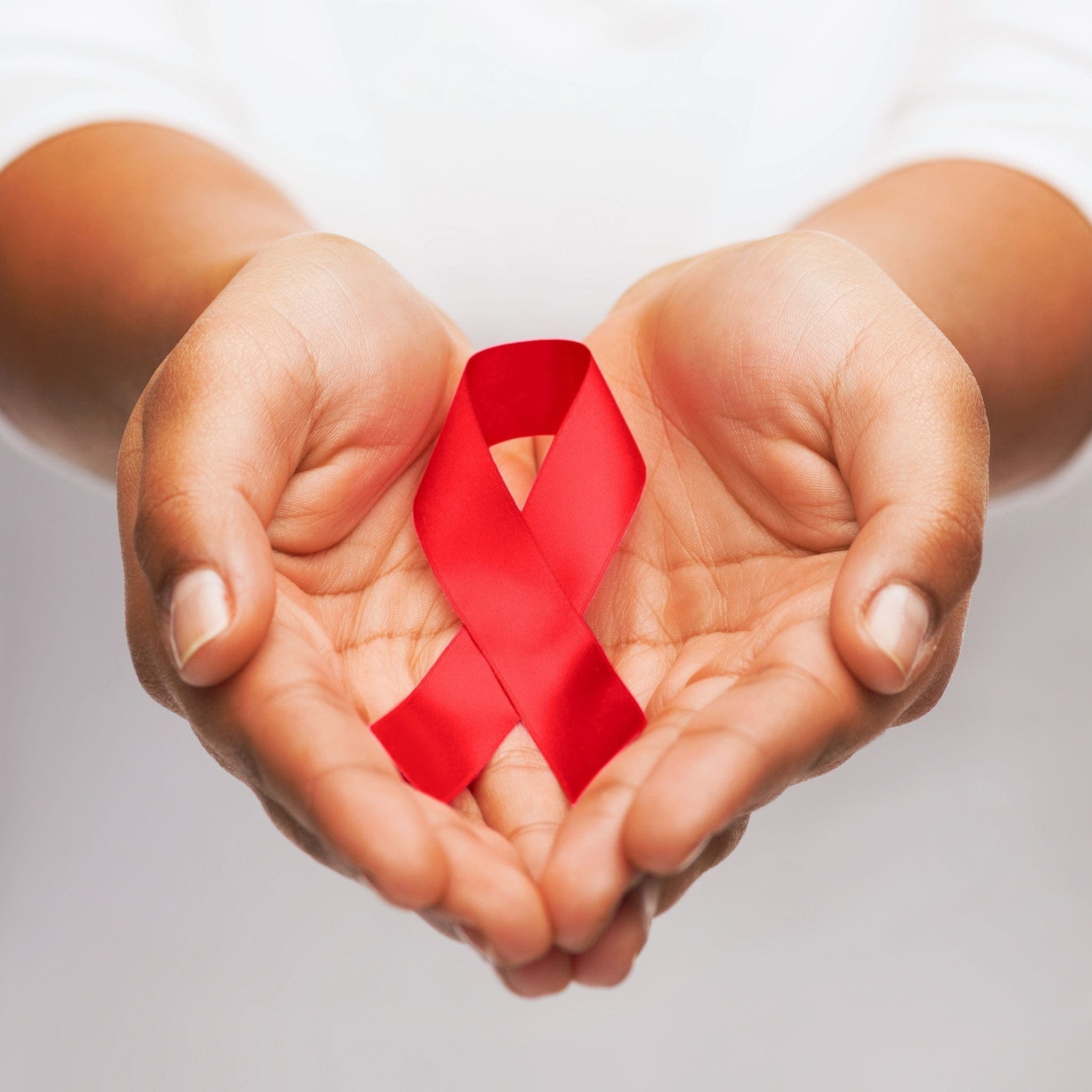The Ghana AIDS Commission (GAC) has expressed grave concern over a growing trend of declining condom use among young people, describing it as a potential public health crisis that could reverse the country’s gains in the fight against HIV and other sexually transmitted infections (STIs).
According to the Commission, recent data gathered from national surveillance reports and community health assessments show a worrying reduction in the use of protection among adolescents and young adults, particularly between the ages of 15 and 24. This decline has coincided with a rise in new HIV infections within this demographic—an alarming pattern that threatens to derail Ghana’s progress toward achieving zero new infections by 2030.
Dr. Kyeremeh Atuahene, Director-General of the Ghana AIDS Commission, said during a media briefing that while awareness of HIV remains high, behavioral complacency and misinformation have led to risky sexual practices. “We are seeing more young people engaging in unprotected sex because they perceive HIV as no longer a threat. This false sense of security is extremely dangerous,” he stated.

Health experts attribute the declining use of condoms to multiple factors, including reduced fear of HIV due to the availability of antiretroviral treatment, lack of comprehensive sex education in some schools, and the influence of social media trends that glamorize unsafe sexual behaviors. Some young people also report that condom prices have increased in urban centers, making consistent use less accessible to low-income youth.
The Commission noted that while HIV prevalence in Ghana has stabilized at around 1.7%, recent reports suggest an uptick in new infections among sexually active young adults, especially in tertiary institutions and urban communities. National data from 2024 indicated that over 35% of new infections were recorded among individuals aged 15 to 34.
Dr. Atuahene emphasized that prevention remains the most cost-effective strategy in combating HIV. “Antiretroviral therapy saves lives, but prevention saves money and generations. We cannot allow young people to abandon condoms when the epidemic is still with us,” he warned.
The Ghana Health Service and GAC are reportedly considering nationwide interventions, including intensified public education, free condom distribution on university campuses, and collaboration with youth influencers to reshape social attitudes toward safe sex.

Public health advocates have also called for renewed efforts to integrate sexual health education into the school curriculum, arguing that many students complete secondary education without adequate knowledge about reproductive health and HIV prevention.
Faith-based groups and traditional leaders, who wield significant influence among the youth, are also being urged to join the national campaign. The GAC insists that sexual abstinence and fidelity remain important values, but for sexually active youth, consistent condom use is non-negotiable.
The Commission’s message is clear: while Ghana has made commendable strides in controlling the spread of HIV, the fight is far from over. Without urgent behavioral change, experts warn that the country could see a resurgence in infections among its most vibrant population group.
Ghana to Introduce HIV Preventive Drug in 2026 to Curb New Infections

